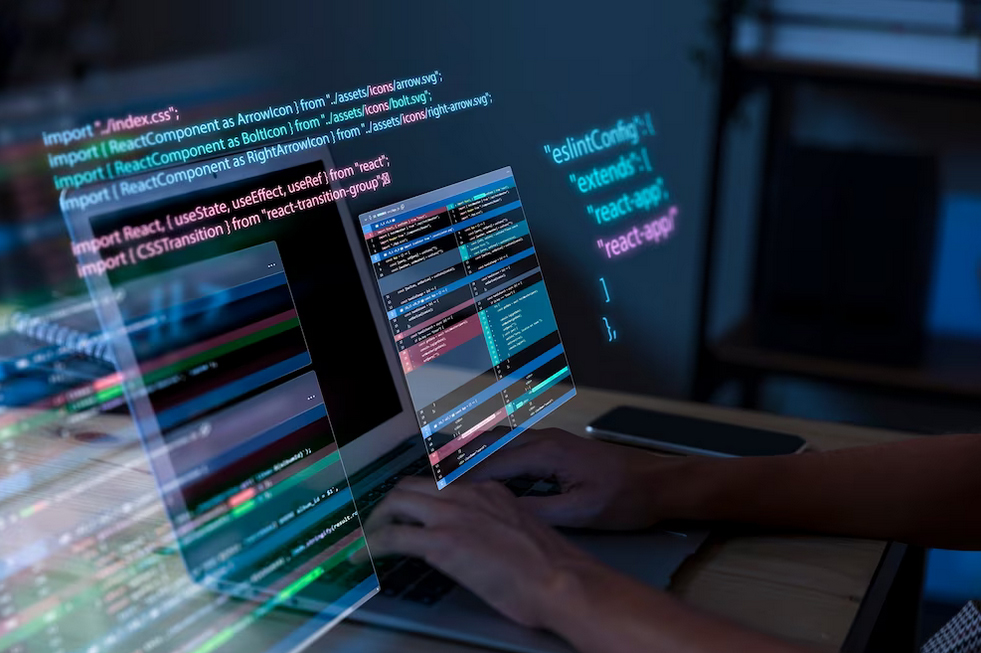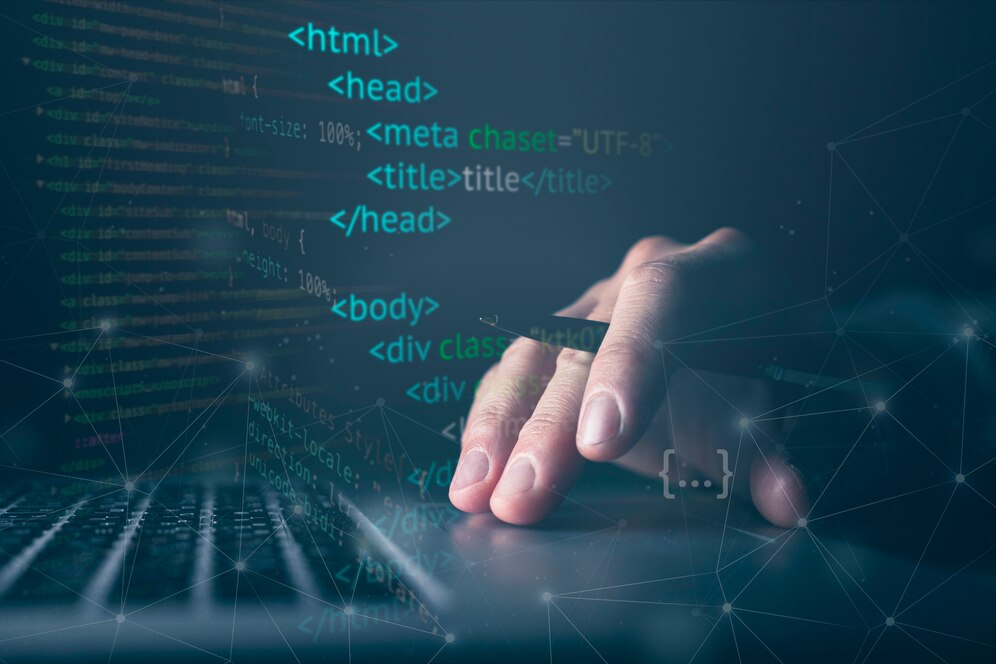Programming is a essential skill in today’s technology-driven world, empowering to create software, AI automate, and solve any problems. This article provides an overview of the basics of learning programming, including key concepts, programming languages, and learning approaches. From understanding variables and control structures to mastering algorithms and data structures, building a strong foundation in programming requires patience, practice, and perseverance. By embracing a growth mindset, leveraging resources, and engaging in hands-on projects, aspiring programmers can embark on a rewarding journey of learning and discovery in the dynamic field of programming.
Programming, the art of instructing computers to perform tasks, lies at the heart of software development, computational thinking, and problem-solving. Whether aspiring to become software engineers, data scientists, or digital creators, mastering programming fundamentals is essential for navigating the complexities of the digital age. This article provides an introductory exploration of the basics of learning programming, offering insights into essential concepts, languages, and learning strategies for beginners.
To learn programming in the correct steps, the following must be taken into consideration:
Understanding Key Concepts:
At its core, programming involves translating algorithms, logical sequences of instructions, into a format that computers can understand and execute. Key concepts in programming include variables, which store data values; control structures, such as loops and conditional statements, which govern the flow of program execution; and functions, which encapsulate reusable blocks of code. Understanding these fundamental concepts lays the groundwork for writing clear, efficient, and maintainable code.Exploring Programming Languages:
Programming languages serve as the syntax and semantics through which programmers communicate with computers. While there exists a myriad of programming languages tailored to diverse domains and applications, some popular languages include Python, JavaScript, Java, C++, and Ruby. Each language has its strengths, syntax, and ecosystem of libraries and frameworks, catering to different programming paradigms and problem domains. Beginners often start with beginner-friendly languages like Python due to its readability, simplicity, and versatility.Embracing Learning Approaches:
Learning programming is a journey that requires a combination of theoretical understanding and practical application. While textbooks, online courses, and tutorials provide valuable resources for learning syntax and concepts, hands-on projects and coding exercises are essential for reinforcing learning and honing problem-solving skills. Collaborating with peers, participating in coding communities, and seeking feedback from experienced programmers can accelerate learning and foster a supportive learning environment.Mastering Algorithms and Data Structures:
Algorithms and data structures form the backbone of computer science and programming, enabling efficient manipulation and organization of data. Proficiency in algorithms involves understanding common algorithmic paradigms, such as sorting, searching, and graph traversal, and analyzing their time and space complexity. Similarly, mastery of data structures entails knowledge of abstract data types, such as arrays, linked lists, stacks, and queues, and their implementation and usage in solving real-world problems.


The basics of learning programming encompass foundational concepts, languages, and learning approaches that empower individuals to embark on a journey of computational thinking and problem-solving. By understanding key concepts, exploring programming languages, embracing learning approaches, and mastering algorithms and data structures, aspiring programmers can build a solid foundation for navigating the dynamic and ever-evolving field of programming. With dedication, curiosity, and a growth mindset, learners can unlock endless opportunities for creativity, innovation, and personal growth in the digital age.



Great technical article in the field of programming learning.